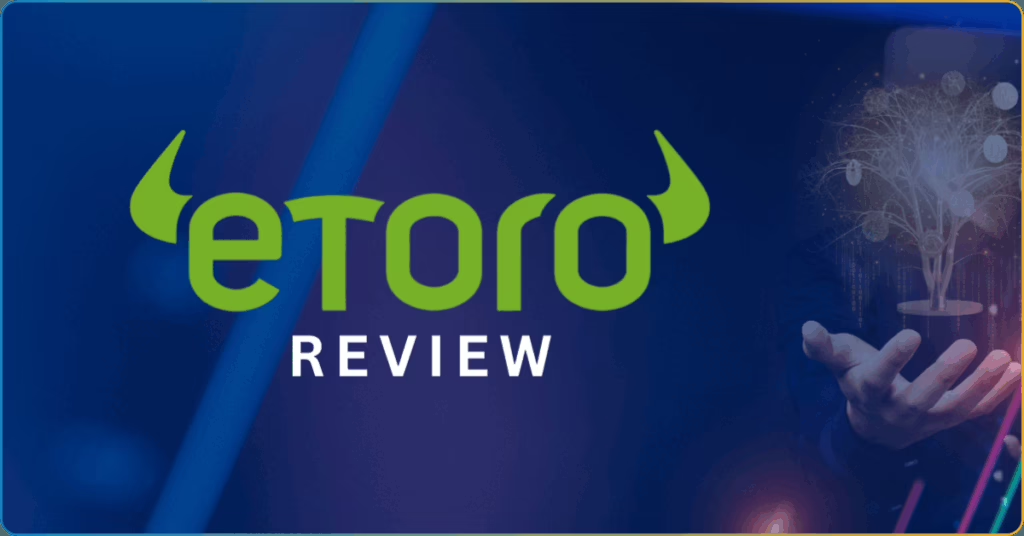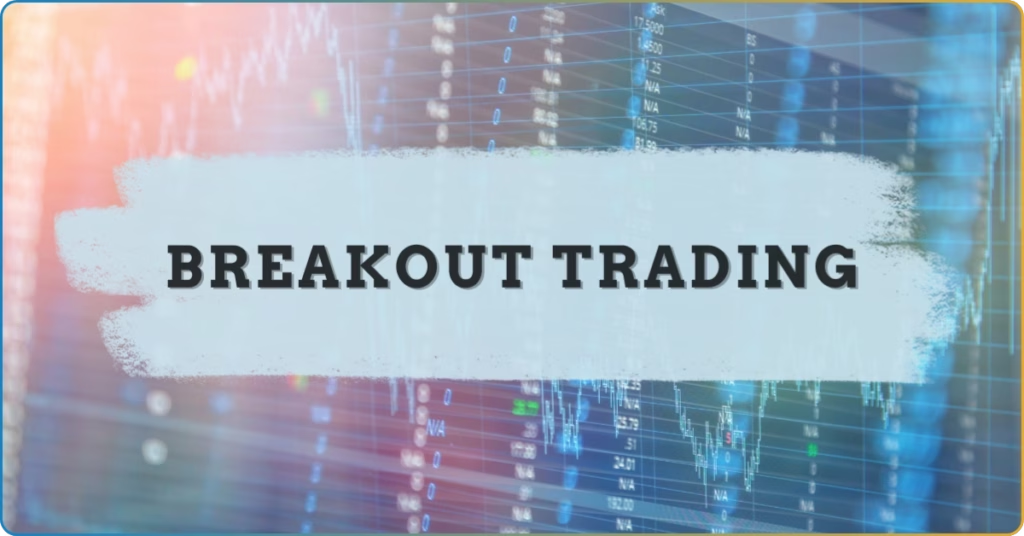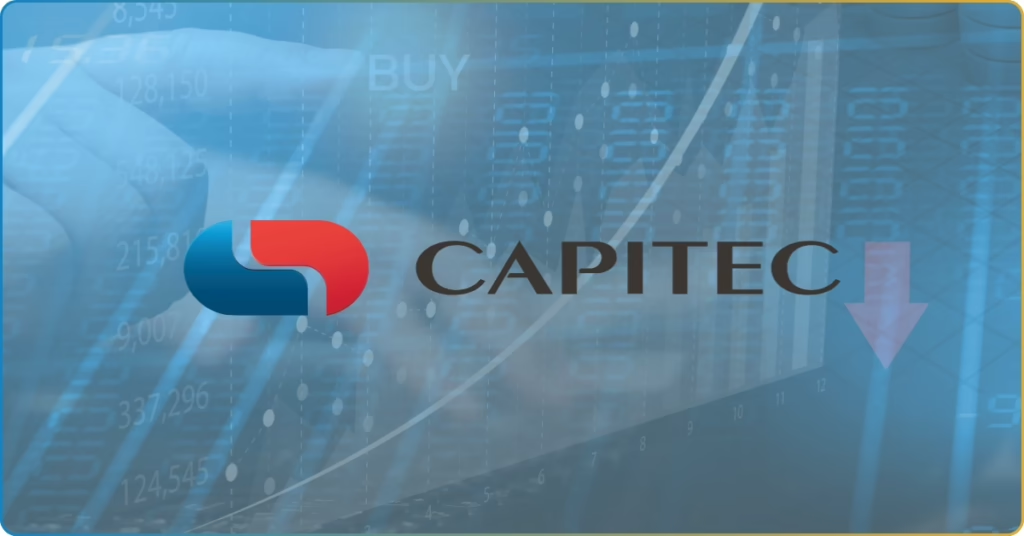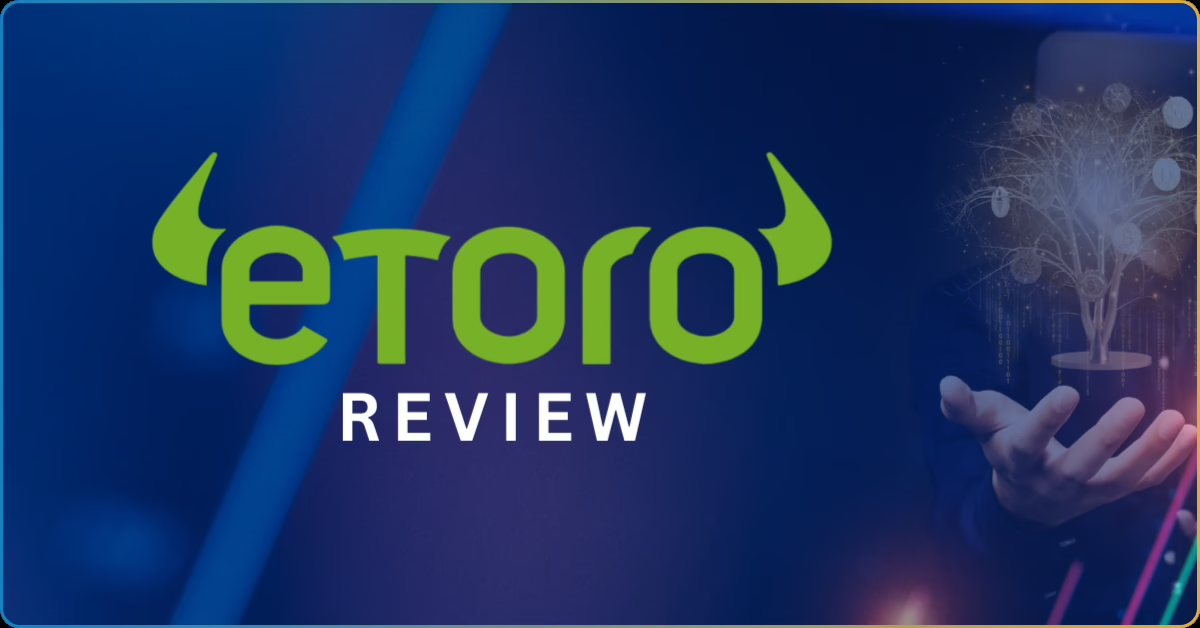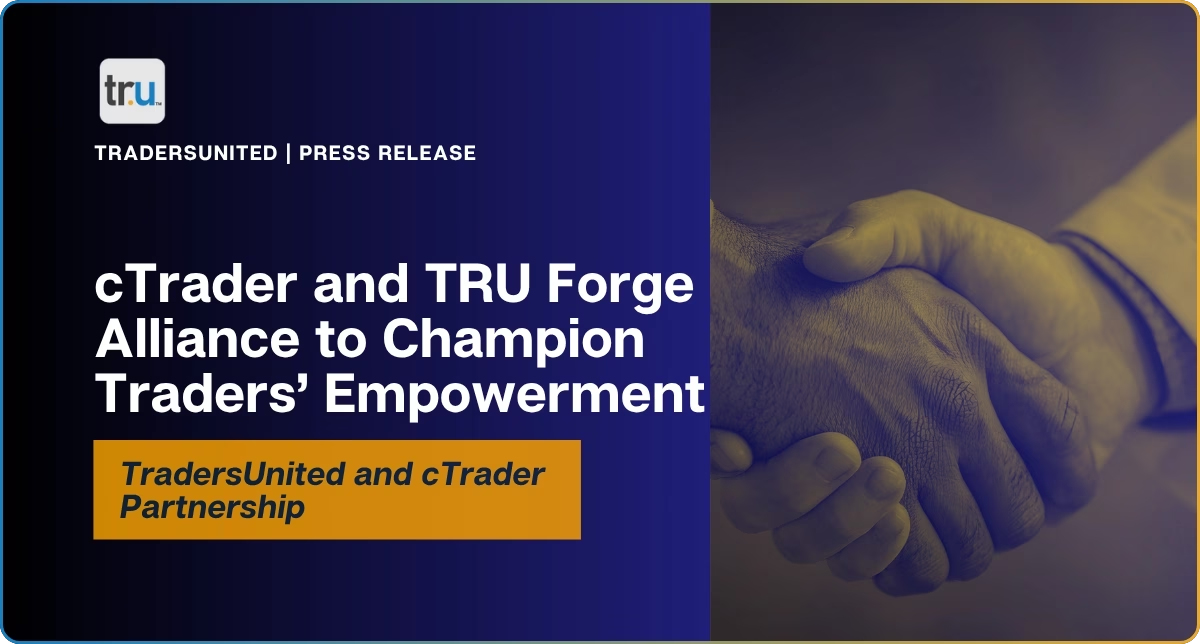Let’s be real—there’s no cheat code to building wealth, especially in the financial markets where risk is the name of the game. Promises of passive income and easy returns can be tempting, but they often come with a catch.
Enter Mining City—a platform that claims to offer crypto mining opportunities for Bitcoin (BTC) and Bitcoin Vault (BTCV) with guaranteed return on investment. But in a time when scams and shady operations are getting harder to spot, the big question remains: Is Mining City legit and regulated in 2025?
Read on to break it down.
Mining City Review at a Glance
What Happened?
The Securities and Exchange Commission (SEC) in the Philippines and Bangko Sentral ng Pilipinas (BSP) has issued regulatory warnings against Mining City. According to the regulatory, the crypto mining platform is not authorized to solicit investments or offer securities to Filipino citizen.
Who Are Involved?
Mining City is run by CEO Gregory Rogowski (also known as Grzegorz Rogowski or Greg Strong). The platform has attracted investors globally, but many have expressed dissatisfaction and concern over the legitimacy of the operations.
Aside from the PH SEC and BSP, other regulators like CySEC, FSCA, UK FCA, OSC, and KNF released a public warning against Mining City.
What Do We Know?
Mining City has faced significant scrutiny and criticism for its operations. It has been accused of operating as a Ponzi scheme and has faced multiple allegations of fraud. The platform promises returns on investments over a period of 1100 days, but these returns are not guaranteed.
It offers guaranteed returns in Bitcoin and Bitcoin Vault, with various investment plans ranging from $300 to $12,6001.
Overview of Mining City
Operated by Gregory “Greg Strong” Rogowski in 2019, Mining City is a cryptocurrency mining platform that provides hash power to mine Bitcoin (BTC) and Bitcoin Vault (BTCV). It grew its user base due to its promising features, including zero cost mining and profitable plans.
According to the mining platform, it aims to create a global community for crypto mining by providing hash power to mine Bitcoin and Bitcoin Vault.
Joining Mining City is free—that’s why it became a hot topic for crypto enthusiasts. It’s also ensured that there are not any hidden costs for mining BTC and BTCV.
However, it’s revealed that users may need to invest more in the platform to withdraw their funds. Aside from it, Mining City was criticized for its questionable business operations—not only by its investors and customers but also by different regulators.
Is Mining City Legit and Regulated in 2025
As of 2025, Mining City is not considered a legitimate or regulated investment platform by various financial authorities.
It essentially ticked the major items on our crypto scam red flag list – it lacks regulation, it doesn’t have any existing investment product, it guarantees high returns, and its revenue stream mirrors a typical Ponzi scheme.
Lacks Regulation
Mining City has received warnings from multiple financial regulators, including the Philippine SEC, CySEC, FSCA, and KNF. These warnings indicate that Mining City is not authorized to offer investment services or solicit investments in these jurisdictions.
Lack of regulation means there is no oversight to ensure the platform operates fairly and transparently, increasing the risk for investors.
No Existing Investment Product
Mining City does not offer any tangible or retailable products. Instead, it focuses on selling mining plans and promising returns based on cryptocurrency mining.
Legitimate investment platforms typically offer clear, tangible products or services, such as stocks, bonds, or mutual funds. The absence of such products is a red flag, as it suggests the platform may not have a sustainable business model.
Guarantees High Returns
Mining City promises high returns over a period of 1100 days. While high returns can be attractive, they are often unrealistic and unsustainable.
Legitimate investments come with risks, and no credible platform can guarantee high returns without risk. Promises of guaranteed high returns are a common tactic used by fraudulent schemes to lure investors.
Revenue Stream Mirrors a Ponzi Scheme
Mining City’s revenue model relies heavily on recruiting new investors to pay returns to earlier investors. This is characteristic of a Ponzi scheme, where returns are generated from new investments rather than legitimate business activities.
Such schemes are unsustainable and collapse when new investments dry up, leaving many investors with significant losses.
The Philippine SEC Confirmed Mining City’s Ponzi Scheme Operations
Mining City claimed to have a license from the Philippine SEC, which was later proven false by the regulator itself.
The SEC clarified that Mining City and its associated entities, such as Prophetek Mining City, OPC, were not registered and were misleading the public. Ultimately, the regulator stated its utmost intention to not regulate Mining City as it characterizes a typical Ponzi scheme.
The SEC’s investigation revealed that Mining City’s business model relies on recruiting new investors to pay returns to earlier investors, a hallmark of a Ponzi scheme. The SEC issued a disclaimer-advisory to warn the public about the false representations made by Mining City.
Mining City attempted to create a semblance of legality by falsely claiming SEC registration. The SEC’s advisory aimed to correct these false claims and protect potential investors from being misled
The Verdict: Mining City Is Not Worth the Risk in 2025
While the allure of passive crypto income may be enticing, Mining City raises more red flags than confidence. From regulatory warnings across the globe to its questionable revenue model and lack of transparency, the platform fails the legitimacy test. Multiple authorities—including the Philippine SEC—have gone as far as labeling its structure as a Ponzi scheme.
In 2025, the crypto landscape demands extra caution. If you’re serious about growing your portfolio, steer clear of platforms like Mining City and stick to regulated, transparent investment vehicles. When it comes to your money, trust is non-negotiable.



